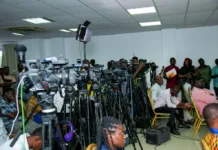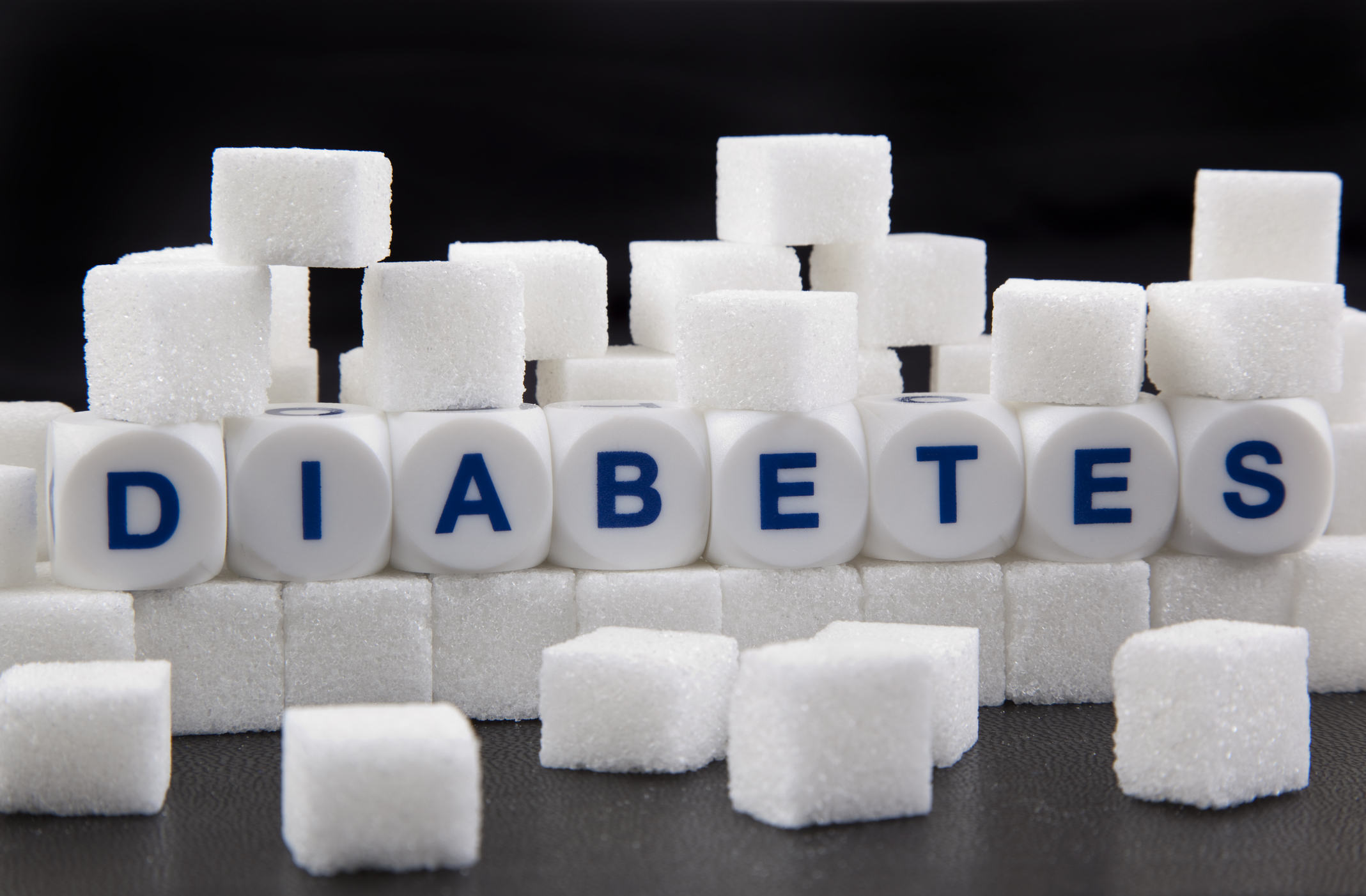
A Diabetes Case Conference, organized by the Ark Development Organization, a non-profit entity, has brought together stakeholders to advocate for better services and support for diabetic patients, aiming to alleviate the impact of diabetes on families in the Eastern region.
The event was held at Suhum.
In Ghana, an estimated 2.4 million people are living with diabetes, with a prevalence ranging from 2.6% to 9%. The Ghana Health Service records approximately 200,000 new cases of diabetes annually, but there is concern that many individuals may remain undiagnosed, suggesting that the actual numbers could be even higher.
The Diabetes Case Conference, held in collaboration with the Ghana Health Service (GHS) and the Suhum Municipal Assembly, served as a platform for stakeholders to highlight the urgent need for comprehensive diabetes management services in the country. The conference’s primary goal was to empower diabetic patients in the municipality with knowledge, tools, and guidance for leading healthier and happier lives.
The event is part of the Panorama Global T1D Community Funded two-year project on Type-1 diabetes being implemented by the NGO in the Eastern region. So far, the project has successfully screened 4,386 individuals in the project areas.
Emmanuel Kwarfo Mintah, Executive Director of Ark Development Organization, emphasized the importance of this initiative, stating, “We are committed to making a positive impact on the lives of diabetic patients and their families. This conference is a crucial step in our mission to provide comprehensive support to those affected by diabetes.”
He added “managing type -1 diabetes is not easy .so we support those who are really in need we normally do need assessment and when we identify them we try to give them livelihood empowerment support, training them in the skill development and other aspects then we give them some little support so those have been able to identify we give them support in that direction because managing the disease is not easy so is a way of sustaining them because this project is just for only two years so we are ensuring that after the two years they have to be able to get the treatment manage it by themselves” he explained.
Dr. Fredrick Kwame Ofosu, Suhum Municipal Director of Health, highlighted the previous challenges faced by diabetic patients in the municipality, which often necessitated seeking healthcare at the Eastern Regional Hospital in Koforidua due to a lack of capacity.
However, thanks to the intervention of the Ark Development Organization’s project, patients are now receiving both medical and economic empowerment support within their own community.
Dr. Abigail Doduwah, Eastern Regional Non-Communicable Disease (NCD) Coordinator, drew attention to the fact that NCDs contribute to 43% of deaths recorded in the country, primarily due to poor management of cases, noncompliance with prescribed medications, and failure to make recommended lifestyle changes as advised by healthcare professionals.
“Now we are shedding light on it since we’ve realized that the mortalities are increasing , we are talking about Type 1 (Insulin dependent ) and then type 2 (Insulin non dependent) usually the type 1 diabetes we use to see it in young adult or children and the type 2 is mostly for the adult, when the pancreas is producing no insulin or insufficient insulin it is refers to as the type 1 diabetes but when the Insulin is present and the glucose is present however the receptors in the cells are unable to make use of it.”
“We have realized that sometimes the education or communication between we the healthcare givers and our clients or patience is not going down well either we explained and not coming to their level or they are not understanding us and not asking the right questions because you will give someone a medication for a month and the person things so far as this box are completed then that is it no diabetes is you are going to manage it so far as you live because it’s not just about taking the medication and stop, it’s a life time treatment management thing, we don’t take it for one week and stop.”
Dr. Abigail Doduwah Sackey further urged diabetic patients to avoid combining orthodox medication and herbal medication at the same time since it will only worsen and complicate their conditions.
“Even though there are certified herbal practitioners in our country and we do believe that there is a place for herbal treatment however what we are saying do not stay in the market and buy from uncertified persons and combine all of them because when you have side effect we the orthodox may not be able to help you.”
“So all we are saying is if you believe in herbal medication then get the certified one, but do not take the herbal medication and orthodox and combine them since it is not appropriate and has serious implications on the patience.”
She also advised that diabetic and hypertensive patients to reduce or avoid the intake of processed foods due to their high salt and sugar content.
The Diabetes Case Conference has shed light on the pressing need for improved services, increased awareness, and enhanced support systems for diabetic patients in Ghana. It underscores the importance of comprehensive diabetes management to reduce the impact of this chronic condition on individuals and their families.
Source: Ghana/Starrfm.com.gh/103.5FM/Kojo Ansah




